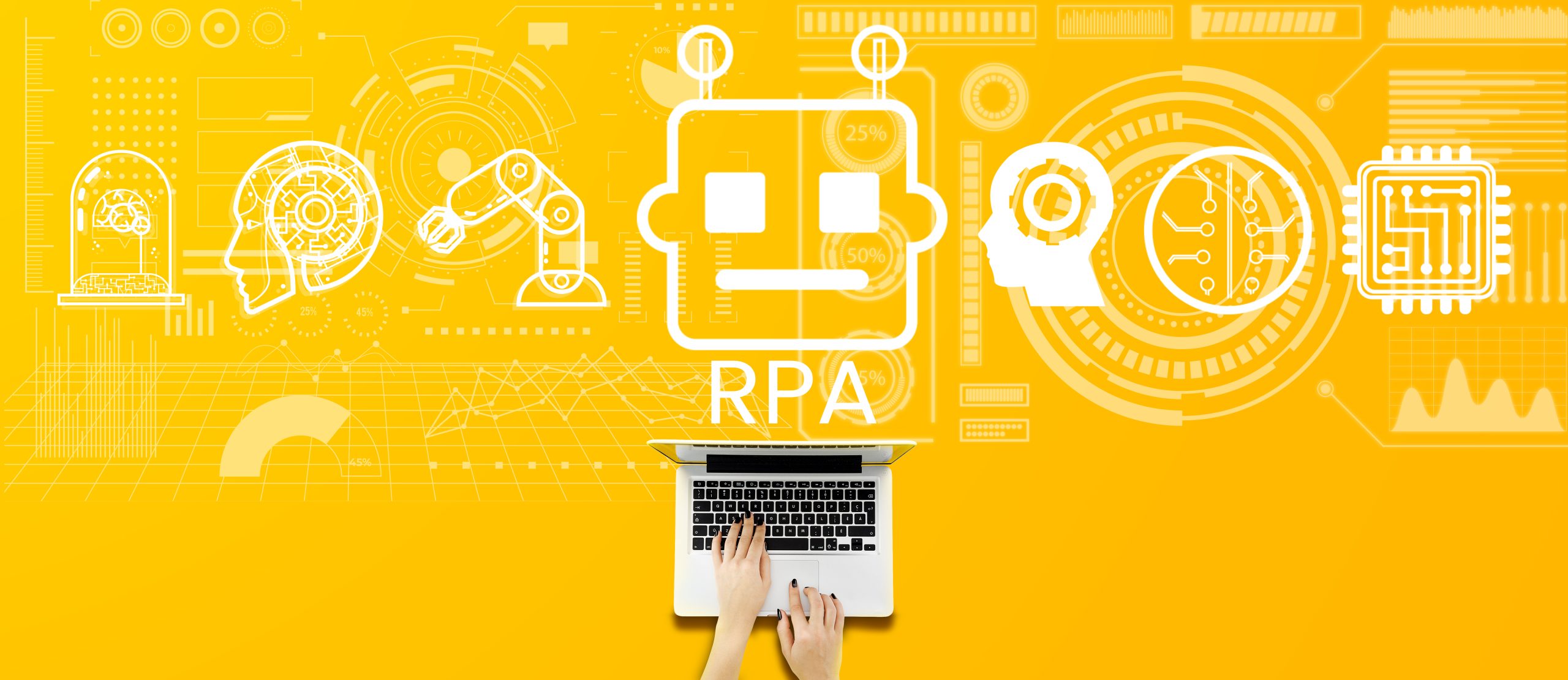The Rise of Robotic Automation Process
The rapid advancements in technology in the last few decades have been truly remarkable, transforming virtually every aspect of our lives. One of the most significant changes has been the emergence of robotic process automation (RPA), which has the potential to revolutionize the way businesses operate.
RPA involves the use of software bots to automate repetitive, rule-based tasks that were previously done by humans. These bots can be programmed to follow specific workflows and can work around the clock without getting tired or making mistakes. As a result, RPA offers several benefits for businesses, including cost savings, increased efficiency, and reduced errors.
The IT industry is one of the most significant beneficiaries of RPA, as it helps IT companies deliver better services to their clients while also reducing their operational costs. In this article, we will explore the rise of RPA and how it’s transforming the IT industry.
The Evolution of RPA
The concept of RPA is not new. Automation has been around for decades, with businesses using various tools to streamline their processes and reduce manual labor. However, RPA takes automation to the next level by using software bots that can perform tasks much faster and more accurately than humans.
The development of RPA can be traced back to the early 2000s, with the advent of screen scraping and workflow automation tools. These tools were primarily used for data entry and other repetitive tasks. However, they lacked the intelligence and flexibility required to handle more complex processes.
Over time, RPA evolved to become more sophisticated, with the development of machine learning and artificial intelligence (AI) algorithms. These algorithms allow RPA bots to learn from their interactions with humans and adapt to changing circumstances.
Today, RPA is used in a wide range of industries, including finance, healthcare, logistics, and customer service. In the IT industry, RPA is particularly useful for automating tasks like software testing, data entry, and server maintenance.
The Benefits of RPA for IT Companies
RPA offers several benefits for IT companies, including:
- Cost savings: RPA can significantly reduce operational costs by automating repetitive tasks that were previously done by humans. This frees up employees to focus on more complex tasks that require human intervention.
- Increased efficiency: RPA bots can work around the clock without getting tired, which means that tasks can be completed much faster than if they were done by humans. This also helps reduce turnaround times and improve customer satisfaction.
- Improved accuracy: RPA bots are programmed to follow specific workflows and are less likely to make mistakes than humans. This helps reduce errors and improve data quality.
- Scalability: RPA bots can be easily scaled up or down based on business needs. This means that businesses can quickly adapt to changing circumstances without having to hire or fire employees.
The Impact of RPA on IT Outsourcing
RPA is having a significant impact on the outsourcing industry, particularly in the IT sector. Outsourcing has been a common practice in the IT industry for many years, with companies outsourcing tasks like software development, testing, and maintenance to offshore locations to reduce costs.
However, the rise of RPA is transforming the outsourcing landscape. With RPA, companies can automate many of the tasks that were previously outsourced, reducing their reliance on offshore labor. This means that businesses can save money on labor costs while also improving process efficiency and data quality.
At the same time, RPA is also creating new outsourcing opportunities. As more businesses adopt RPA, there is a growing demand for outsourcing providers that specialize in RPA implementation and management. These providers can help businesses design and implement RPA solutions that are tailored to their specific needs.
Rebel Networks, is adapting RPA technologies through its cloud infrastructure to help businesses automate processes. MotoCoders, is developing apps for customers using chat GTP technologies.






